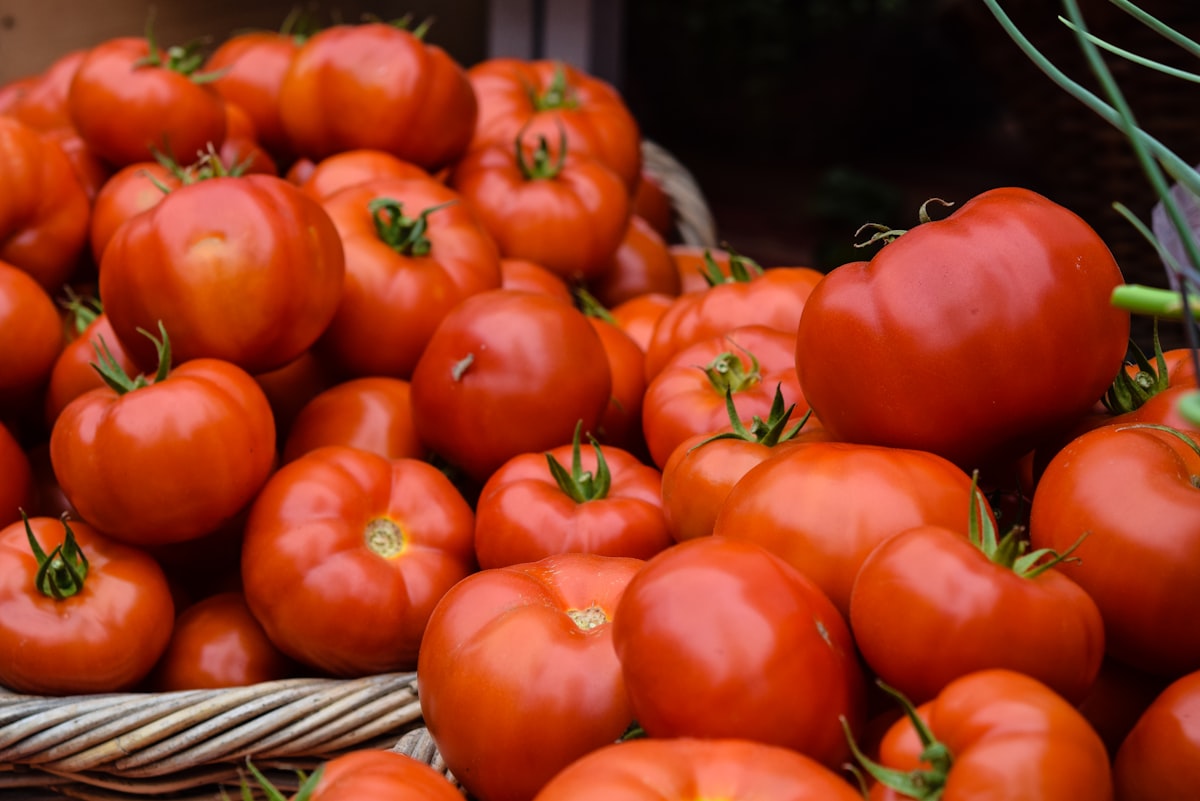Mexican tomato producers in the U.S.
The sanitary emergency led to the elimination of the inspections that the U.S. government intended to carry out on tomato trucks, which caused an increase in export costs.

The coronavirus pandemic has caused industries like the agro-food industry to find some benefits, at least for Mexican tomato growers, who found an opportunity to eliminate the "bottleneck" that the U.S. government's move to conduct thorough inspections of tomato imports would entail. The United States and Mexico reached an agreement on August 21 last year, which suspended the investigation of dumping that the neighboring country had reactivated on May 7 of that year that accused Mexican producers of selling at a lower price their product in the U.S. market, affecting their marketing.
The treaty exempted Mexican tomato producers from paying a 17.5% duty in exchange for inspecting 92% of the trucks at the border to check their quality. The agreement entered into force in September last year and was to be launched after six months, but it expired on April 4. But so far there have been no major setbacks or bottlenecks. There are about 750 exporters in the country and so far, most of them have done so smoothly. The vice president of the National Tomato Product System, composed of producers from 16 states in the country representing 80% of tomato production, reported that they have had a good flow of exports so, although intermittent, by the coronavirus pandemic.
Exports grew slightly during this quarter to 2.9% in volume terms over the same period in 2019. Its commercial value reported a growth of 12.6%, says a report by Grupo Consultores de Mercados Agrícolas. Vegetable exports showed a slight positive adjustment of 3.4%, increasing its commercial value by 8.3%. Specifically in the category of vegetables exported volumes of red tomato equivalent to 30.1% during March, confirming it is the vegetable of greater marketing.
Although the volume was 502.7 million tons, 1.4% less than the quarter of 2019, with a value of 566.9 million pesos, an increase of 6.3% over the same month of 2019. The entities that presented greater increases in production of drink during January this year were: Michoacan 23,797 tons (12.6%), Durango with 19,398 (60.8%), Coahuila 11,120 (10.2%), and Baja California 9,616 tons (10.4%), over the previous year.
In contrast, Jalisco, Nayarit, Sonora and San Luis Potosi, reported significant decreases with: 40,126 tons (29.2%), 24,909 (98.5%), 22,194 (53.7%) and 14,50i tons, said the Secretariat of Agriculture. Last year, Mexico sent nearly 120,000 tons of tomatoes per year and under those conditions, each truck that enters U.S. territory would have to pay between $175 and $200 per inspection. Each truck has a value of 15,000 to 20,000 dollars in merchandise.




